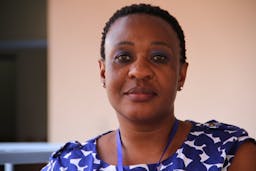UN Women Eastern and Southern African Regional Office boss, Christine Musisi graces the UN Women Zimbabwe Co training at ACTIL Kenyatta Univeristy in Kenya
May 28, 2019
Story
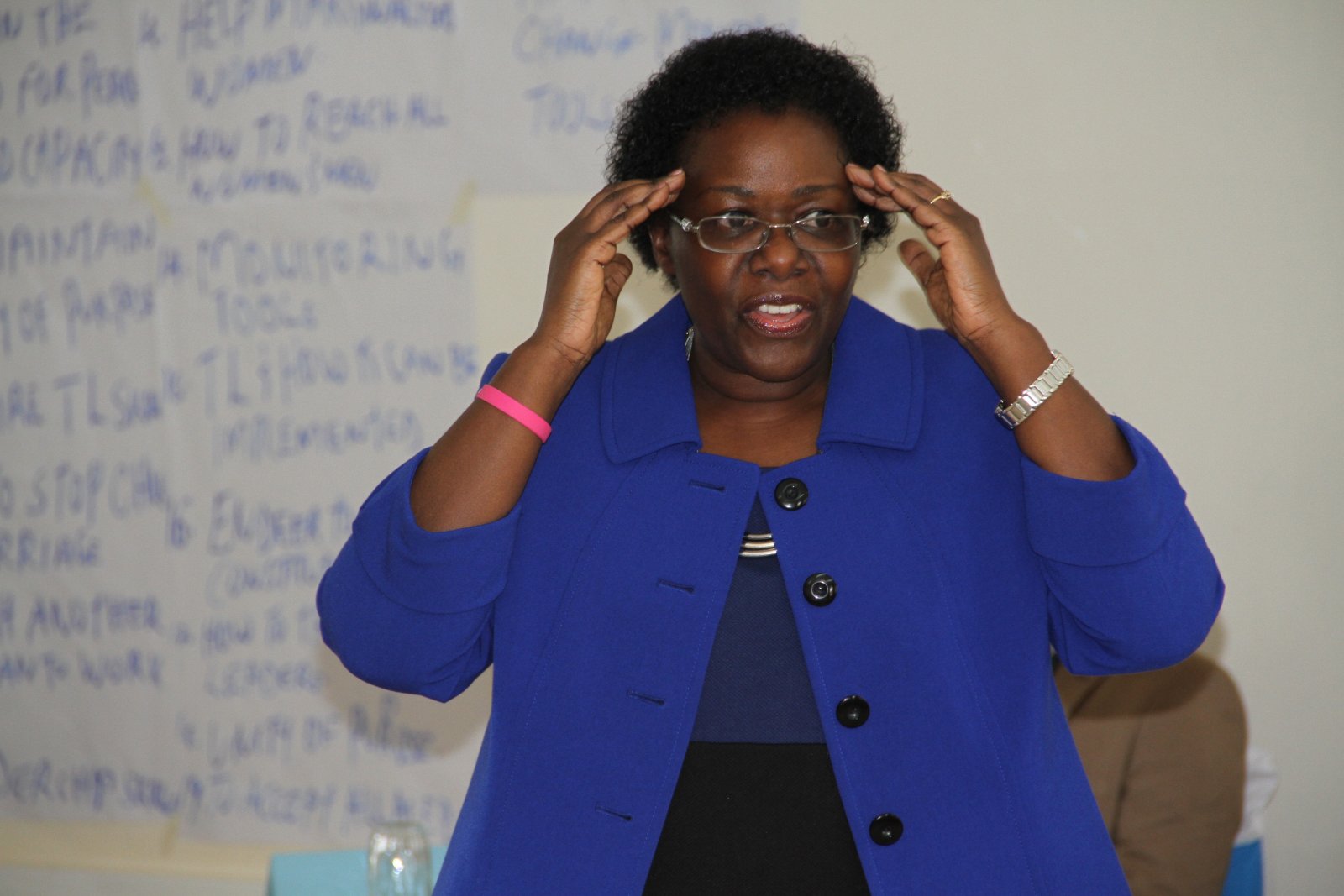
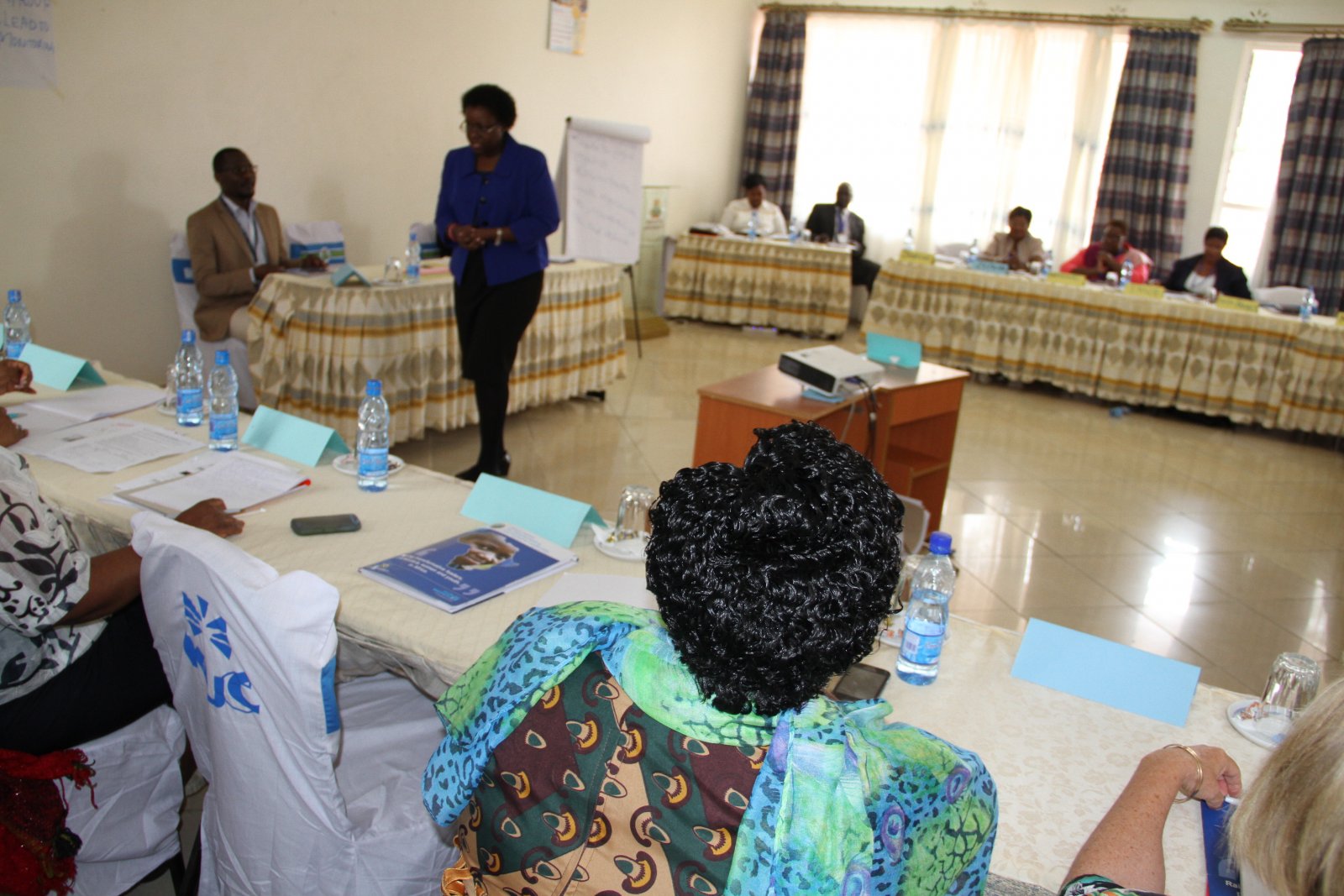
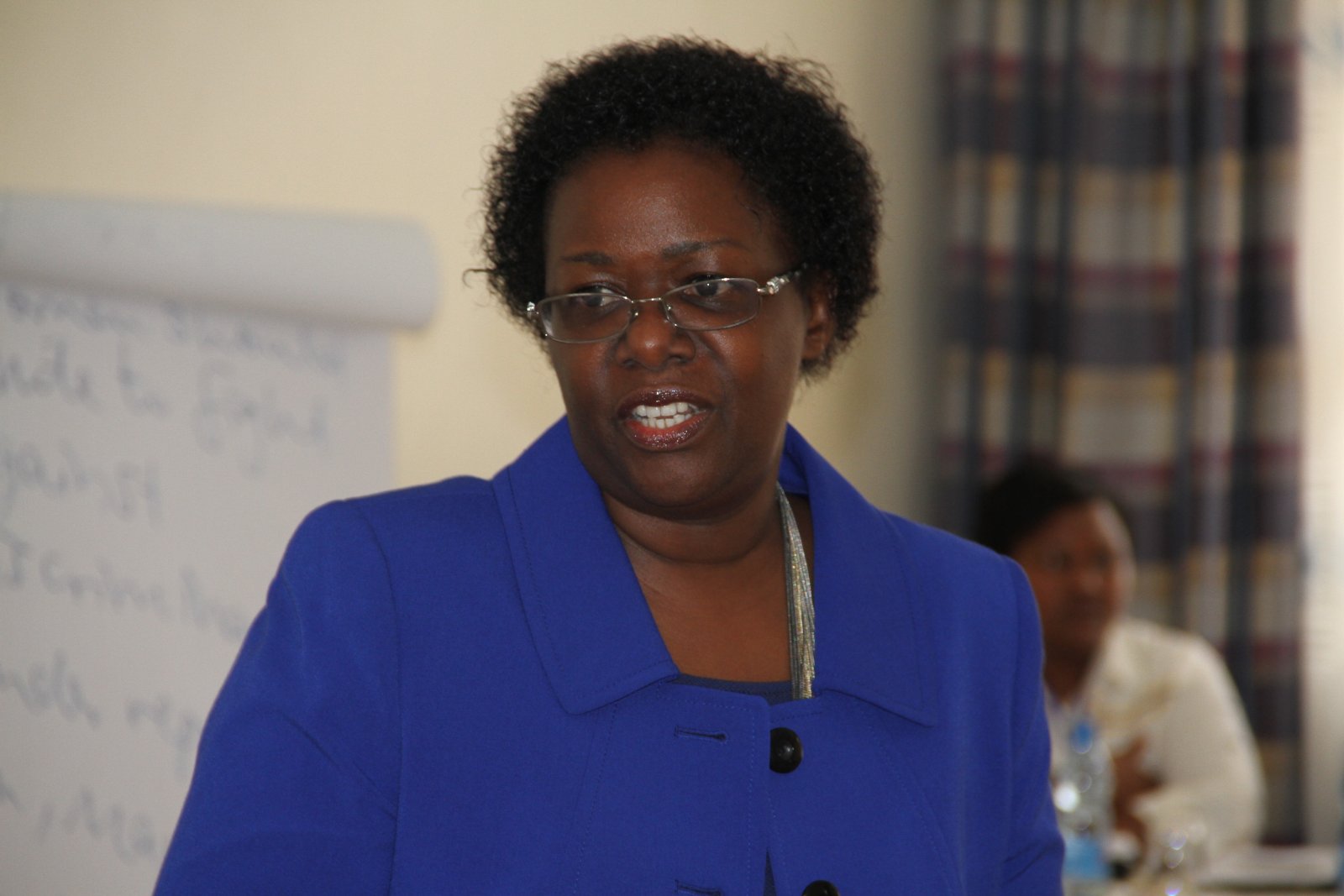
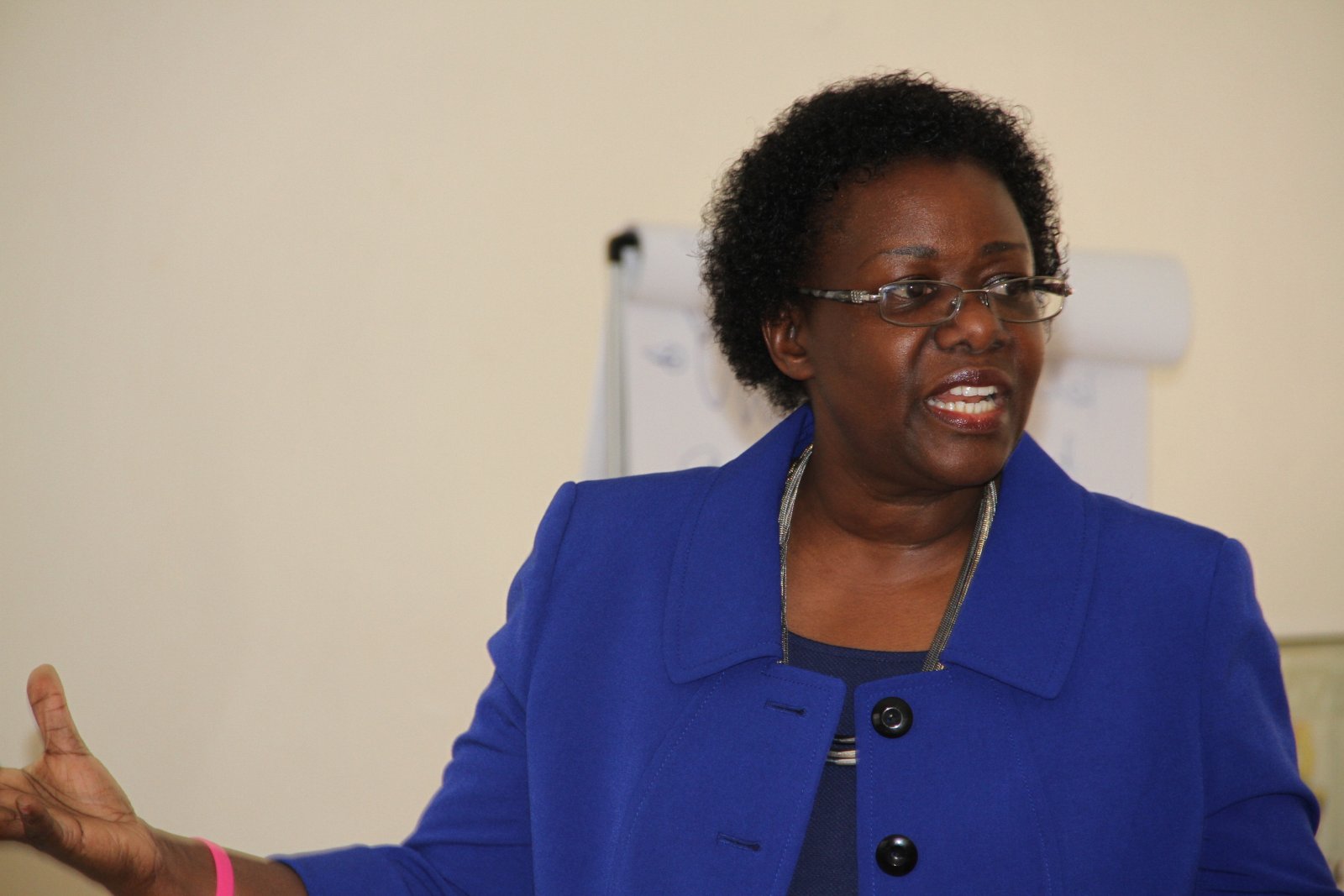
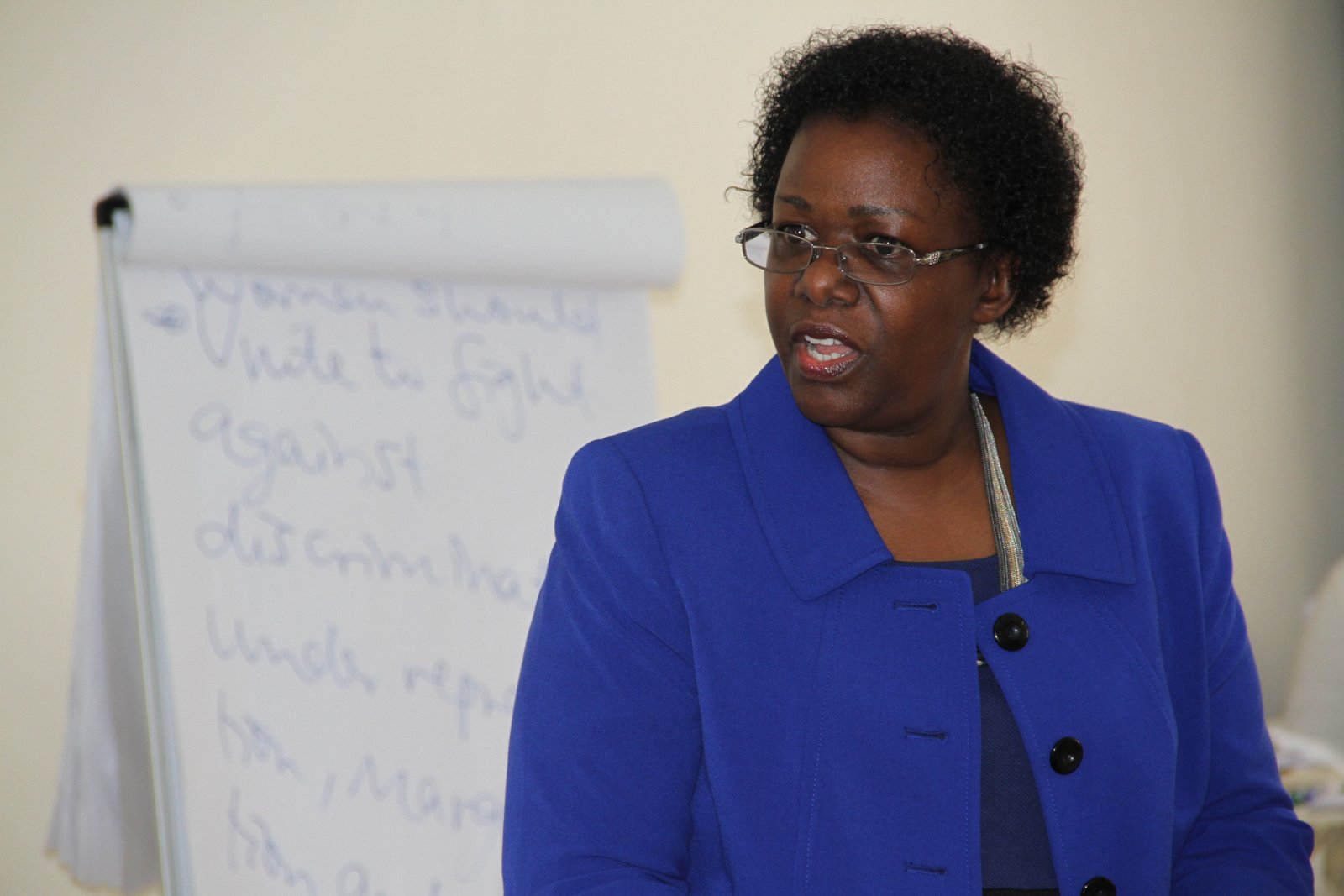
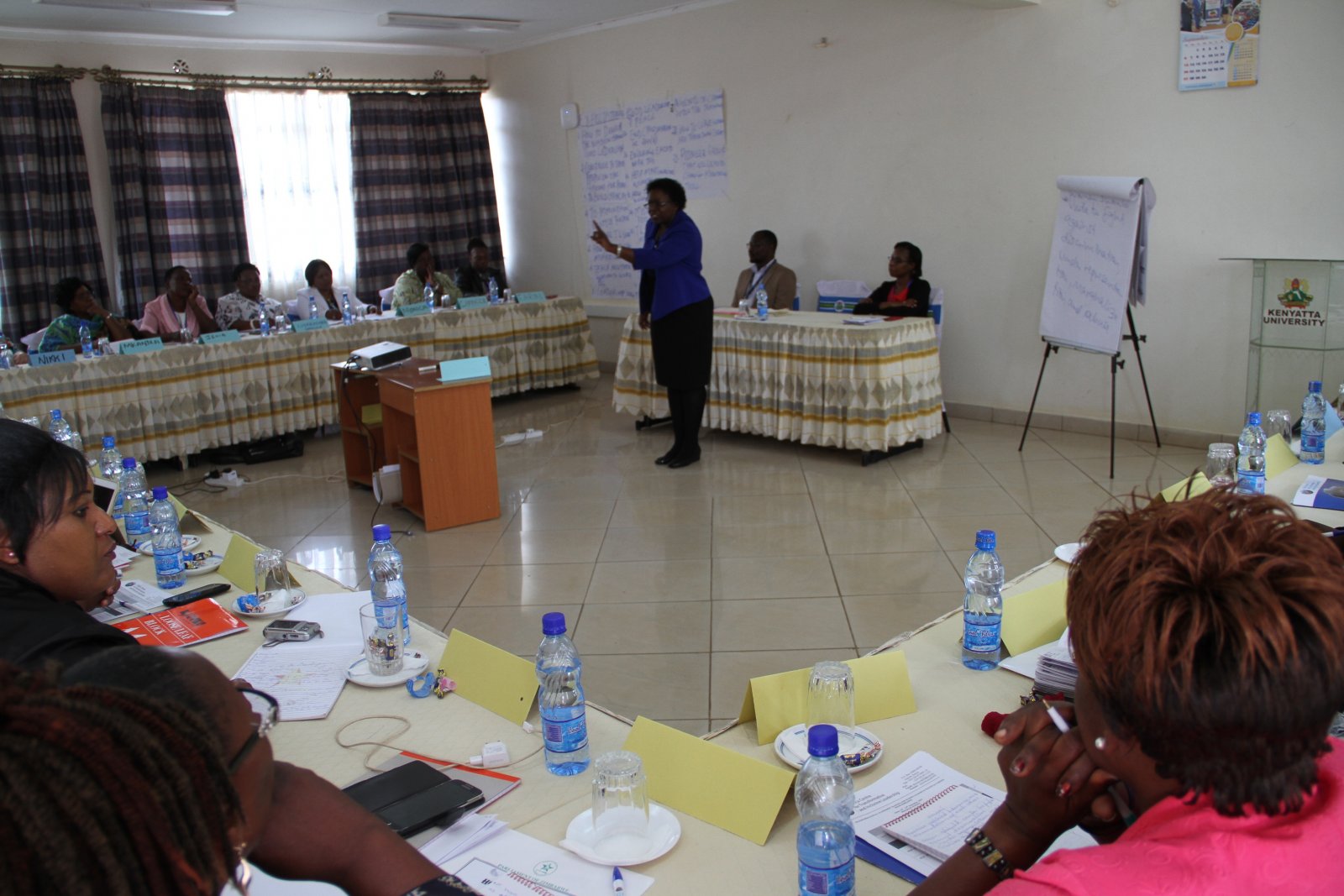
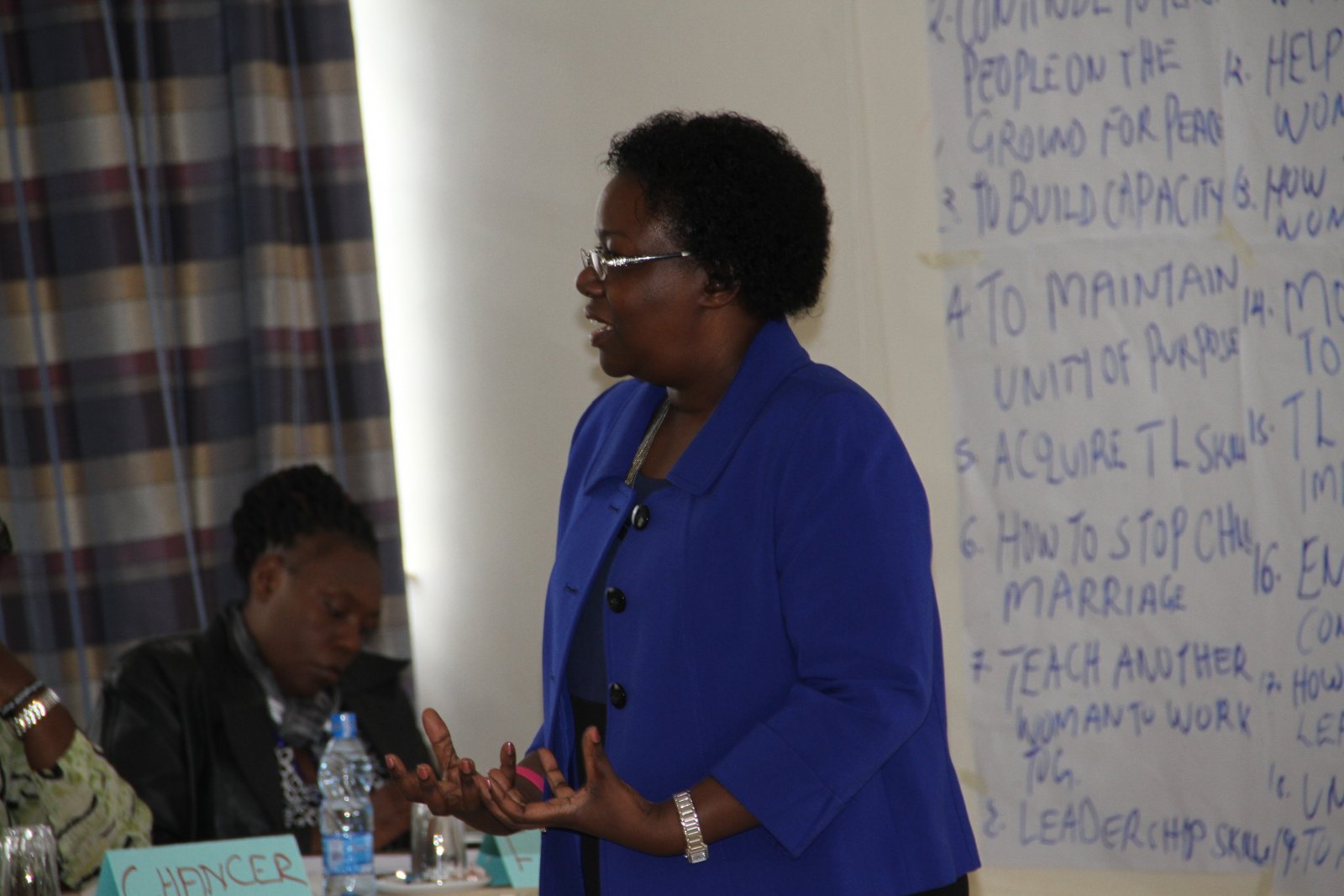

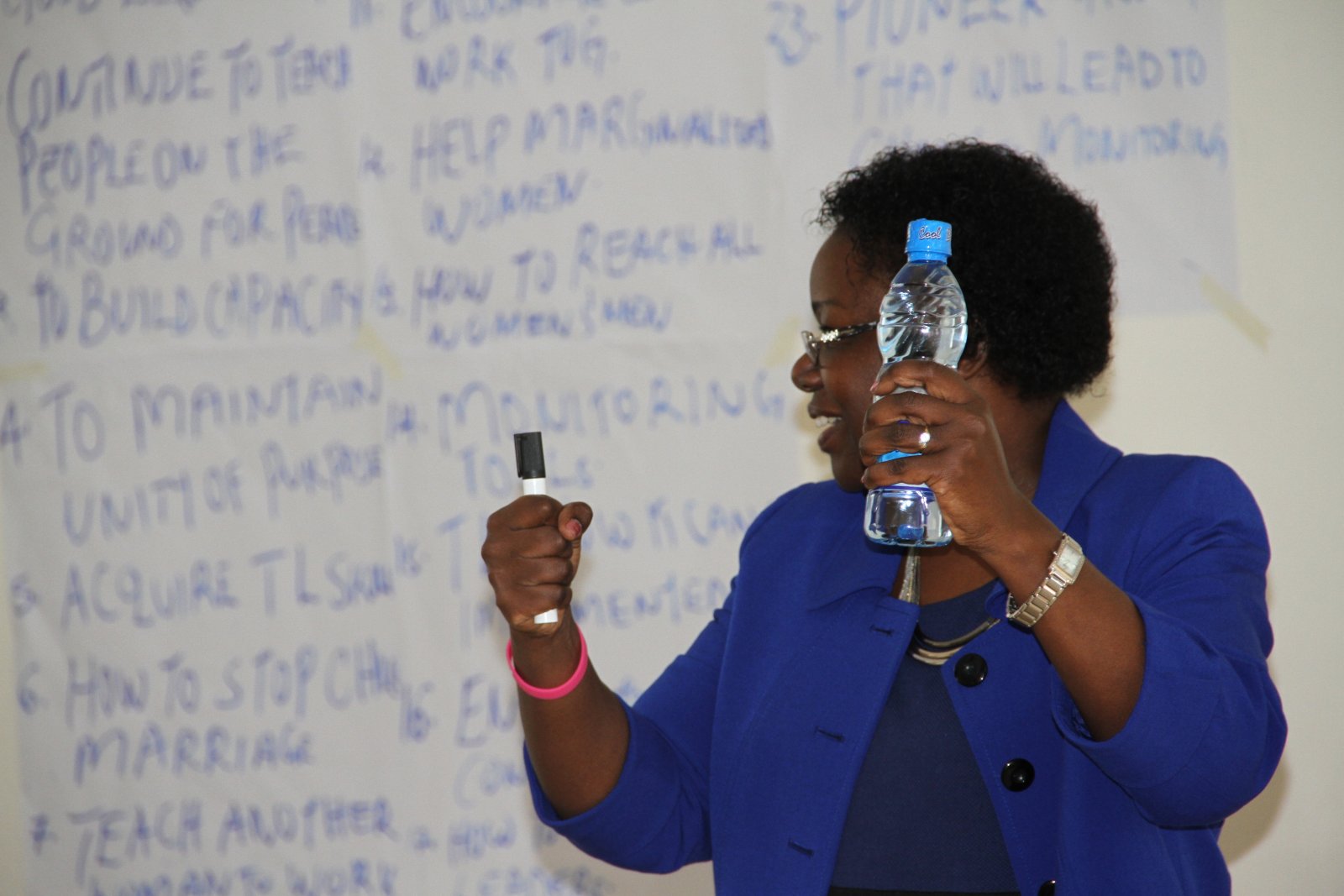
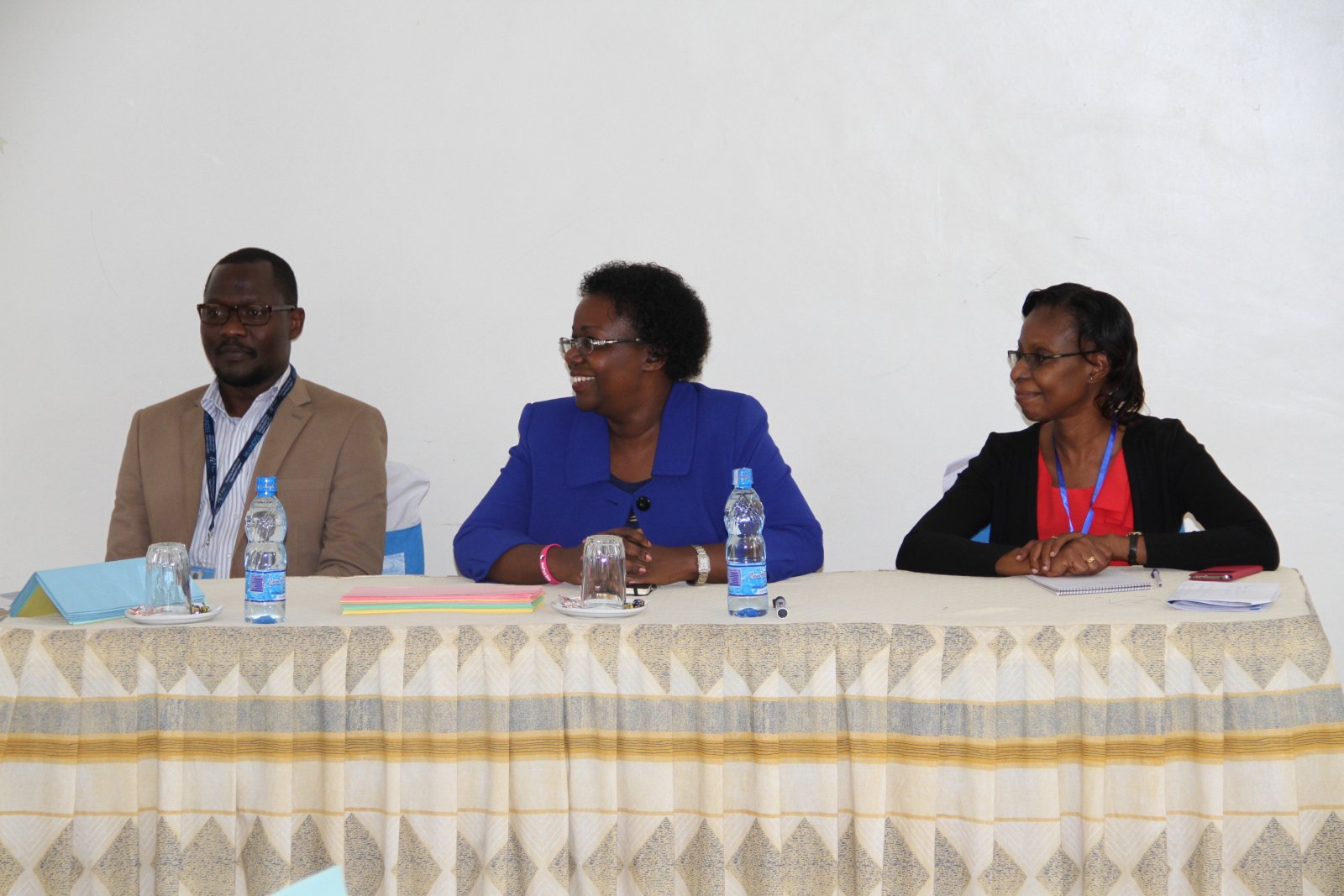
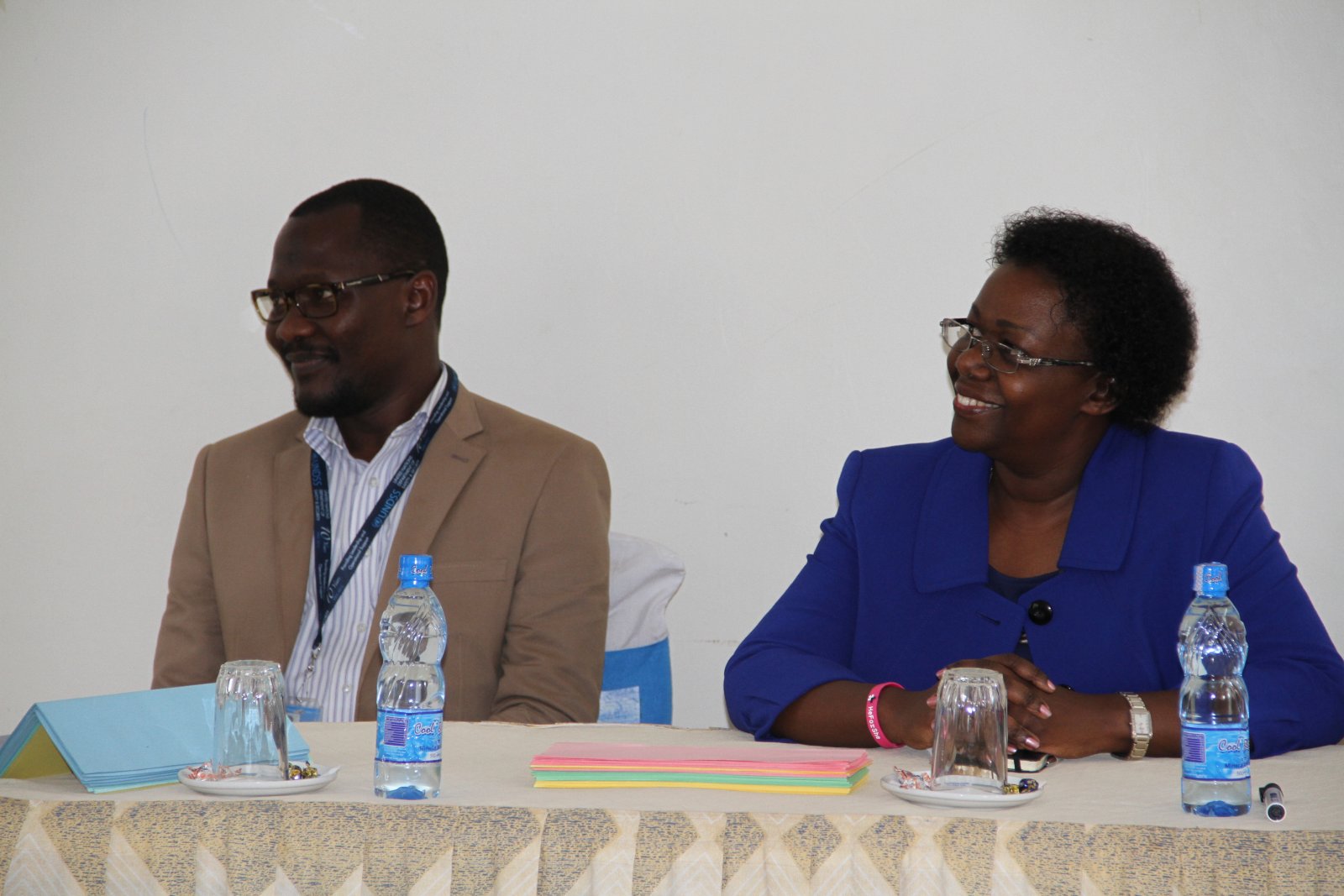
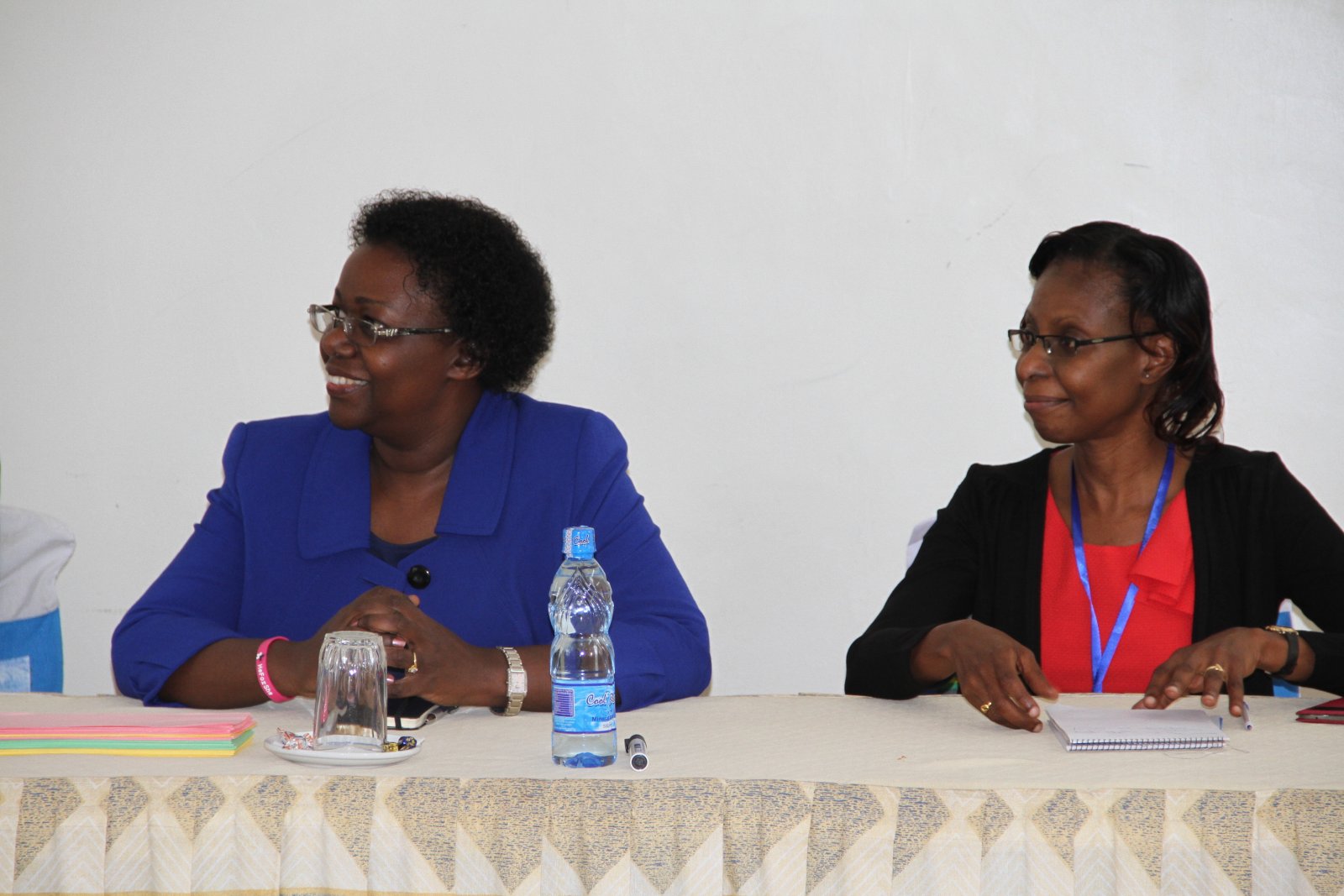

The Regional Director of UN Women East and Southern African Romen's Parliamentary Regional Office (ESARO) welcomed the Zimbabwe Women's Parliamentary Caucus (ZWPC) delagation at the African Centre for Transformative and Inclusive Leadership (ACTIL), at Kenyatta University in Kenya. ACTIL serves the training needs of women and youths in Africa, and the women parliamentarians from Zimbabwe arrived here on Sunday, 13th September for a five day training that strated on Monday, 14th September and will end on Friday, 19 Septemebr 2015. Please read Christine Musisi's welcome note below:
"It’s such a wonderful pleasure coming to spend time with you even if its five minutes, because for us this is the essence of the vison of Actil, to have great leaders, especially women and men reflecting on the issue of leader and most importantly tarns leader. We have our beautiful continent Africa, which is fastest growing now at 5% per annum, which is higher than the global average of 3%. However, despite this growth, we still hold 3% of the world‘s poor. This means that growth is not for everybody and the Africa we are raising is for a few and for those outside the world. We are leaving out our people yet the majority of our populations is below 35.
Looking at this whole scenario and also understanding that everybody else has a place to be in Africa, you find the investment opportunities and places of beauty that everyone from all parts of the world is coming to see. Africa has become the place to be for outsiders but not a place to be for every ordinary child, boy, woman and man. When you have a pain inside you sometimes can’t help it, you keep asking yourself, “What is the deficit we have on the continent?” We hold 30% of the world’s minerals but we are not befitting. We don’t lack wealth but people are starving. We are receiving food instead of giving yet we have 60% of arable land not utilised. We have everything but we don’t have anything. The deficit is leadership. If we have people like you who are determined to bring transformation in the way our country and our communities are governed then we need to change the way we think, act and make decision so that these decisions are not just about us as leaders but about the man, woman, girl and boy who depend on us to make the rights decisions.
The African Union has a fantastic vision for Africa, vision 2063, which talks about an integrated, peaceful continent driven by its citizens and representing a dynamic force in the global arena. What is it going take for us to get there? We do not want just to survive, we do not want just peace and stability. We also want presence and significance to accompany it all. How then do we get there? How do we achieve significance? Looking at Zimbabwe, when Africa is come together, they always know that Zimbabweans will always stand out as the most outspoken, intelligent, and resourceful. You already have a gift. Sometimes change does not take money but a collective of people who believe they can make a difference. I believe from this interaction if you decide as a group to do one thing in Zimbabwe as a collective you will transform many processes in that country for the better. If you focus on the people and on the change you want to happen, and leave this thing of I belong here, and choose one constituency or two and as a group we are going to start there and begin working together from one constituency to another you could bring transformation. Sometimes the transformation you need is not political, it is not economic, it is inside your mind to demonstrate that it is possible and I believe that Zimbabwe has everything that they need it takes to lead Africa, and right now you are leading Africa as AU chair.
I believe that the value of this leadership will come out much stronger when the women take the right attitude. You don’t need to go to podium announcing what you want to do, you don’t need to be very public, just take action, because that is what we do as women, we take action. The leadership system we are working in has been constructed by men and women are comfortable with it even when they are born and it is a system that promotes a lot of competition, it promotes confrontation, and not many women are very comfortable with that. Those women who come into it have to force themselves to be there but we can create leadership systems where we are comfortable as women and that is what I call transformation, a leadership system that is inclusive, cooperative. When I came in I saw unity amongst you all, and I said, if the leaders in this room can get hold of that and work together and go to one or two places and start form there, with real issues, you could begin to change Africa.
We cannot afford to operate in isolation as one country, but more as a continent and if we want to have significance in our work we will come together and create collaboration and a sense of belonging. The kind of transformative leaders that we hope to have are leaders who move beyond I, me, myself. It is the lowest level of thinking in the globe. We need leaders who can move into other spheres of influence to see what is it we can do to change the world that we are in. If you focus only on your constituency the change will be very small. If you focus only on your province the change will be localised but if you say I am going to get hold of Zimbabwe in my right hand and Africa in another hand you are going to build a kind of transformation we want. As you deliberate, I hope that you will have the anointing to transform."
